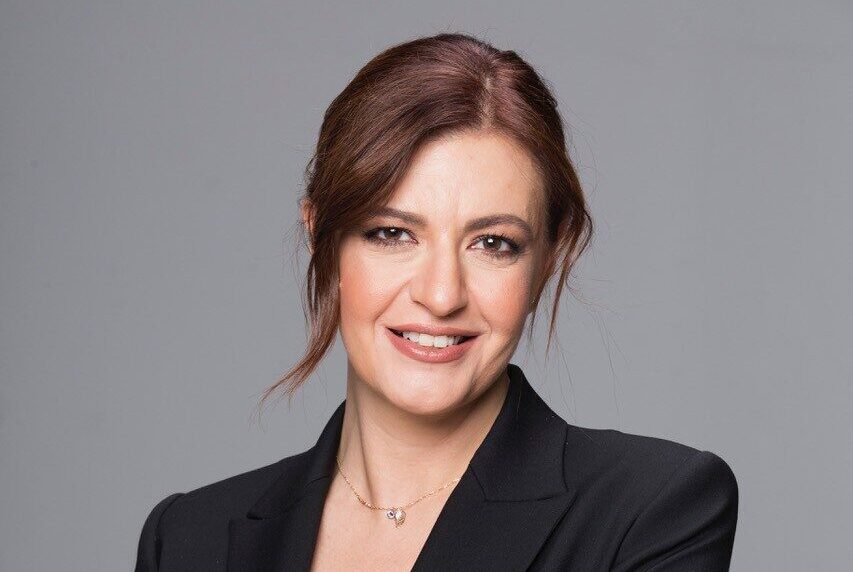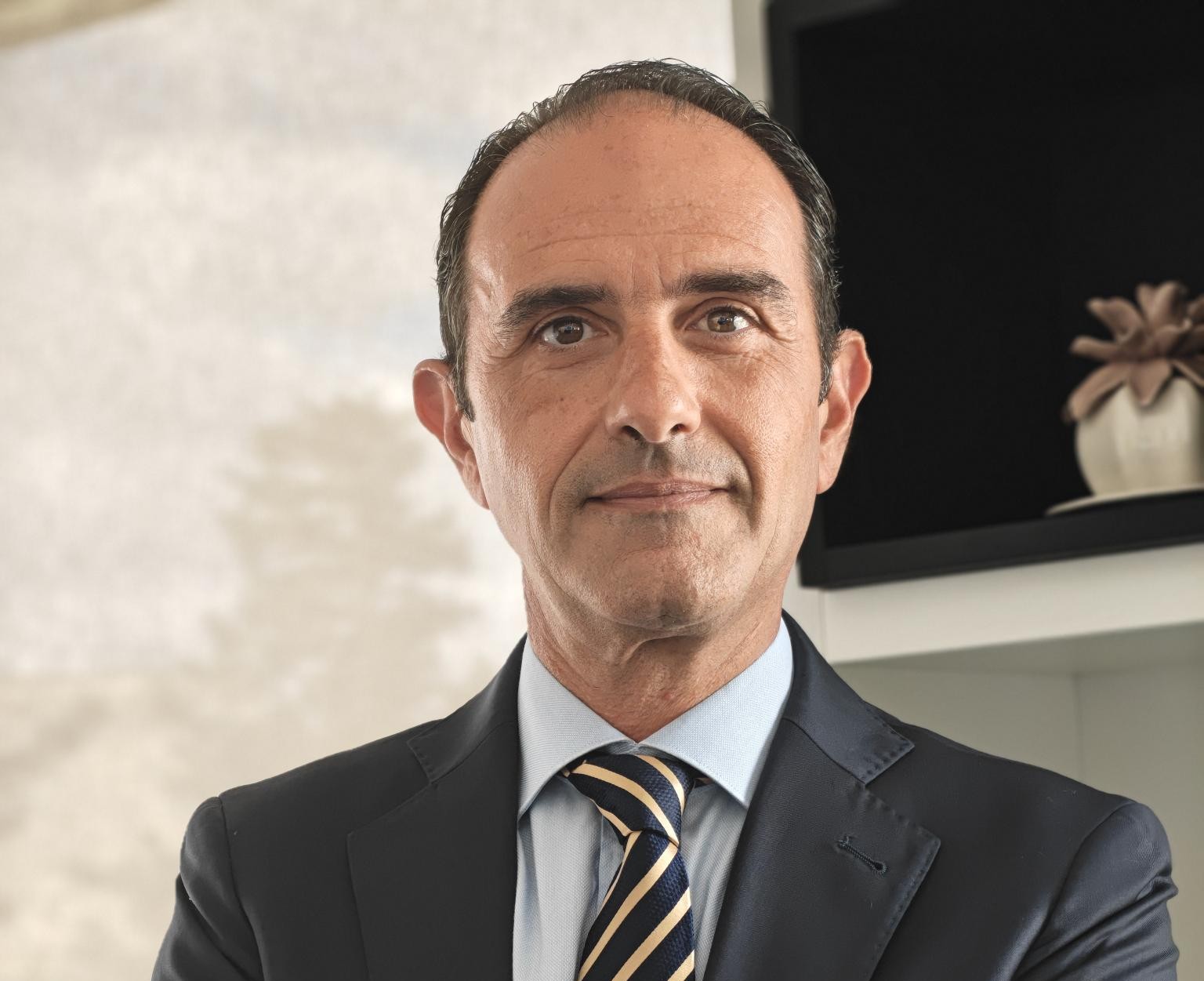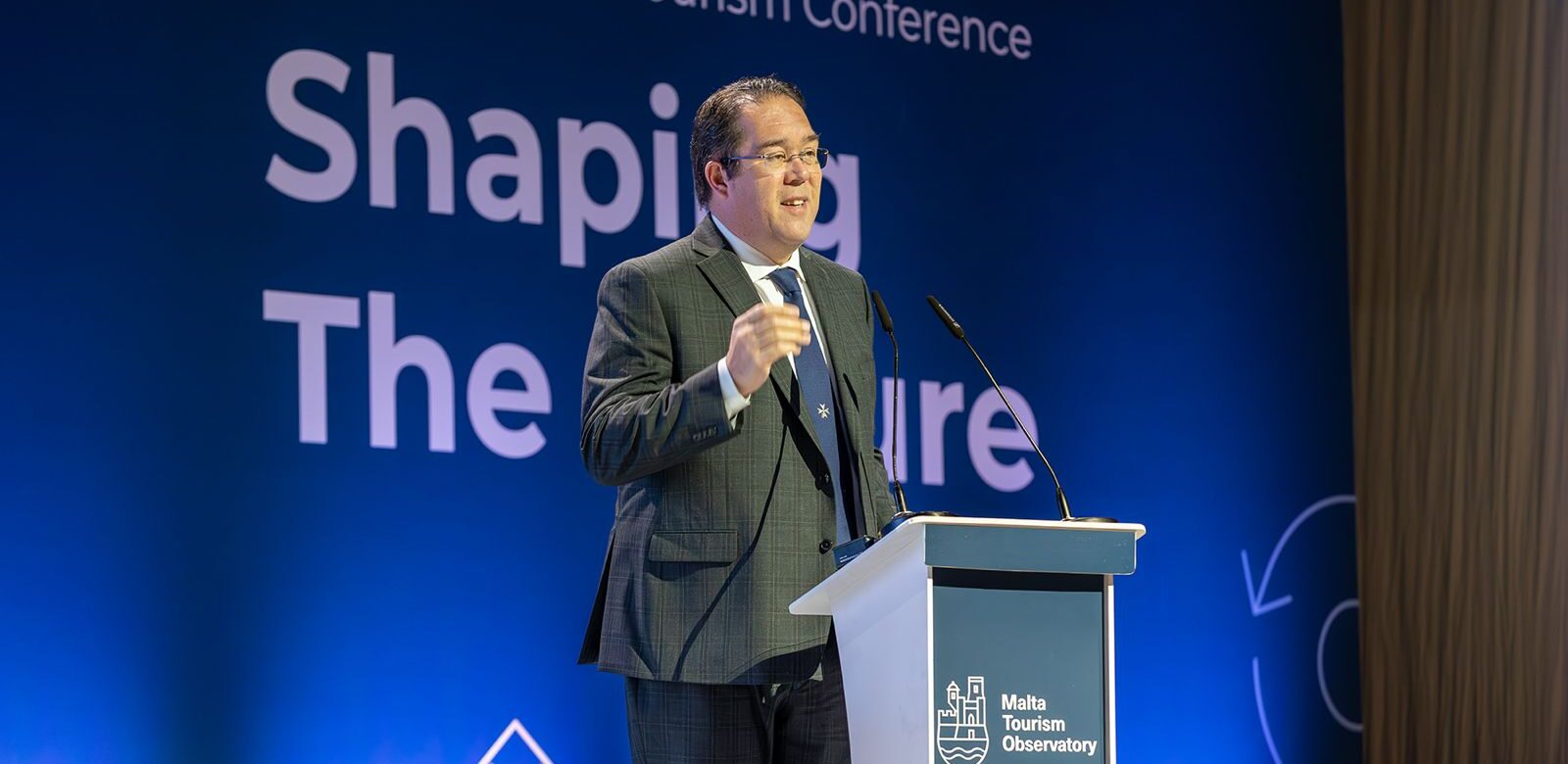In summer, CrediaBank announced its intention to acquire HSBC Malta. The acquisition is being scrutinised as one of the most significant developments in the island’s banking sector in years.
In this interview, CrediaBank CEO Eleni Vrettou dives into the reasons behind the move and expands upon the benefits this deal will bring to prospective clients and to Malta’s economy.
Q: Why Malta? What’s the rationale behind this move?
Vrettou: First, let me stress that the process is still ongoing. That said, we are optimistic it will be completed in the coming weeks. If so, this will mark CrediaBank’s first international expansion, which will make us extremely happy and proud.
As to why Malta, the country offers a unique combination of strengths. It is an EU and Eurozone member with a highly strategic geographic position, bridging Europe, North Africa, and the Middle East. Its economy is among the most resilient, growing by 6 per cent in 2024, well above the EU average.
At the same time, Malta boasts the highest growth rate in the Eurozone and offers a stable, transparent, and investment-friendly environment. Its growth trajectory is clear, thanks to efforts by the government and regulatory authorities to enhance the country’s credibility, and a renewed international reputation following Malta’s removal from the FATF grey list.
Major rating agencies continue to confirm a positive outlook for the country. We see in Malta not just a market with impressive momentum, but also an opportunity to accelerate our growth and establish a meaningful footprint in a new, international setting.
Q: When do you expect the final agreement to be signed?
Vrettou: The process is still ongoing, so I can’t share many details. What I can say is that we expect to reach a final agreement within September. We’re in the final stretch, working quickly and methodically, in excellent cooperation with HSBC.
Of course, there’s still a long road ahead. Once the definitive agreement is signed, provided we succeed, we will need to obtain all the regulatory approvals from Malta, Greece, and the European Supervisory Mechanism.
Q: We understand that the bidding process for HSBC Malta was highly competitive. Why was CrediaBank chosen?
Vrettou: It was a very competitive process, which is understandable given HSBC Malta’s strong position in the country.
I believe CrediaBank stood out for several reasons. First, we are already a European-regulated bank, fully aligned with the rigorous EU framework. Second, we bring direct experience through the successful integration of HSBC’s operations in Greece.
We’ve completed a full migration, so we know HSBC’s systems, procedures, and corporate culture well. This track record gave us the confidence that we could deliver again, even on a larger and more complex scale.
Finally, while some in Malta may have preferred a larger international bank, CrediaBank offers something unique: for us, Malta is not just another market; it is a strategic priority.
We are committed to investing in the country, bringing in new products and introducing services that are currently missing. That’s not always the case with larger banks, which may treat Malta as just another peripheral investment.
Q: Can you disclose any information regarding the acquisition price?
Vrettou: I can’t share specific figures at this stage; you’ll need to be patient. What I can say is that, with our current capital and liquidity, CrediaBank is fully able to fund the transaction from its own resources.
Q: What does this acquisition mean financially for CrediaBank?
Vrettou: Just one glance at HSBC Malta’s numbers reveals the importance of this acquisition for CrediaBank.
HSBC Malta is the country’s second-largest bank, with a 20 per cent market share, nearly €8 billion in assets, €6 billion in customer deposits, €3 billion in loans, and annual post-tax profits of around €90 million in 2024, with a Return on Equity of about 17 per cent.
If the acquisition is finalised, the deal will be transformative. Our size would double, with assets exceeding €15 billion, and recurring profits rising by €90–100 million annually.
Shareholders have effectively doubled the value of their investment, validating the support shown by the Greek Government and private investors during December 2024’s recapitalisation.
Beyond the numbers, this move elevates our role in the banking ecosystem and opens the door to international markets.
Q: Is CrediaBank ready to handle such a large acquisition so soon after the merger with Pancretan Bank? How will you manage both the transformation in Greece and the new bank in Malta?
Vrettou: The acquisition of HSBC Malta aligns perfectly with CrediaBank’s strategic plan and long-term vision. It acts as an accelerator for our business objectives.
Our management team has a proven track record of successfully integrating banking operations, as seen with both HSBC Greece and Pancretan Bank. In fact, by 8th September, 2025, both banks’ systems will be fully integrated – in record time, and just one year after the legal merger.
Our experience with HSBC Greece, combined with our familiarity with HSBC’s structure, philosophy, and processes, allows us to approach this acquisition with a high degree of confidence. That was one of our strategic advantages during the bidding.
At the same time, we’re reorganising internally to ensure we are not distracted from our ambitious domestic agenda, which targets more than €1 billion in annual loan growth. In fact, we see Malta as complementary, creating synergies that will strengthen, not slow down, our growth in Greece.
Q: How will the bank in Malta be managed after the acquisition? Will the name change? What will happen to local staff?
Vrettou: Our intention is for the Maltese bank to remain independent and publicly listed.
We don’t plan to replace local staff with Greek personnel or make drastic administrative changes. We believe the bank is already well run and has excellent employees.
Assuming everything goes well, the current management team will continue running daily operations, independently from Greece. The local workforce will also remain in place, with no major changes.
Our focus is to create synergies: consolidating processes, introducing new competitive products, investing in technology, and upgrading services to make the banks more customer-centric. We want to invest in the country and combine new digital solutions with personalised service, while keeping the highest standards of risk and governance.
As for the name, it’s too early to say.
Q: With CrediaBank’s creation, expectations are rising for greater competition in the banking sector. Do you believe the bank will contribute to this?
Vrettou: Absolutely. From the start, our goal has been to offer more choice, transparency, and flexibility to depositors and borrowers.
Competition drives progress, and we want to be at the forefront, combining a human-centred philosophy, with innovative tools, and the agility to respond quickly to market needs.
Our goal is to foster healthy competition that results in better interest rates, more accessible financing, superior customer service, and stronger support for the real economy.
As CrediaBank grows stronger, so will our ability to deliver on these promises.
This is an adaptation of an interview that appeared today in the Greek business media outlet Capital.gr
Analytics ‘the bridge from intention to impact’ – Communications Hub CEO Viktoriia Yefimenko
As communication strategies become increasingly automated, the more valuable intelligence becomes.
‘An exciting new chapter’: Winston Zahra welcomes approval of Manchester Hotel expansion
Winston is the co-owner of the Manchester hotel and founder of Troo Hospitality.
Christmas a time ‘to try to find elusive peace’ – Roberta Metsola
Listeners were urged to understand the obligation we have to our collective humanity’
MTA CEO Carlo Micallef: Italian tourism award validates shift to quality and sustainability
The MTA strategy ensures Malta and Gozo continue to offer meaningful experiences while safeguarding what makes the islands unique









